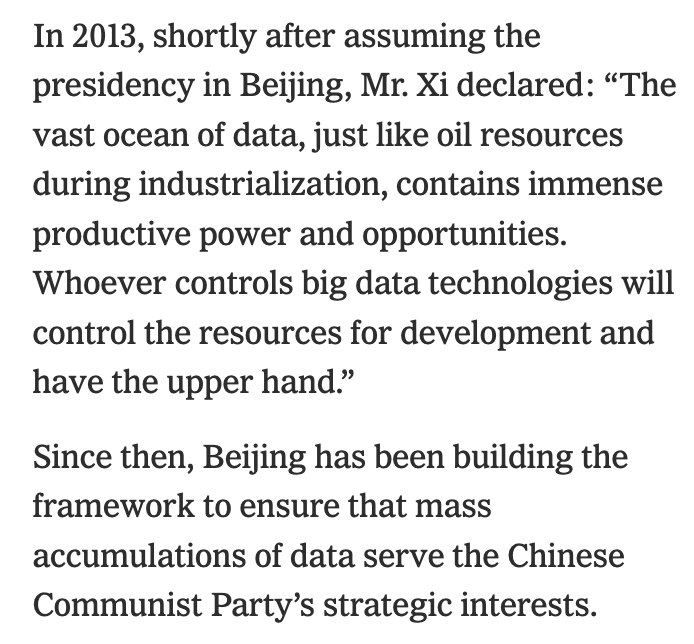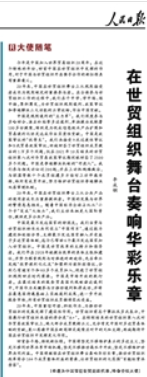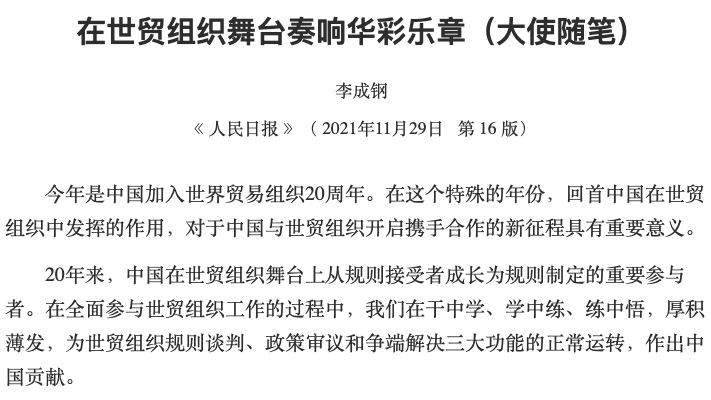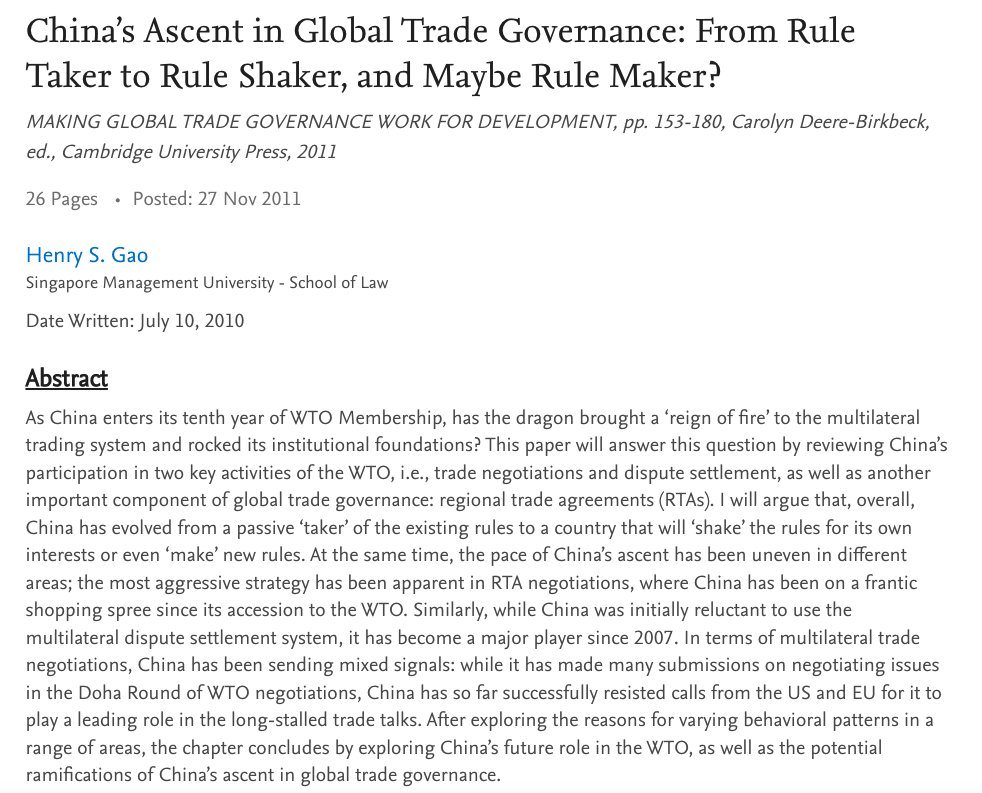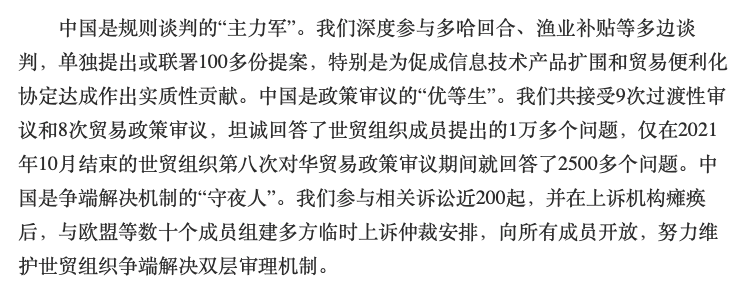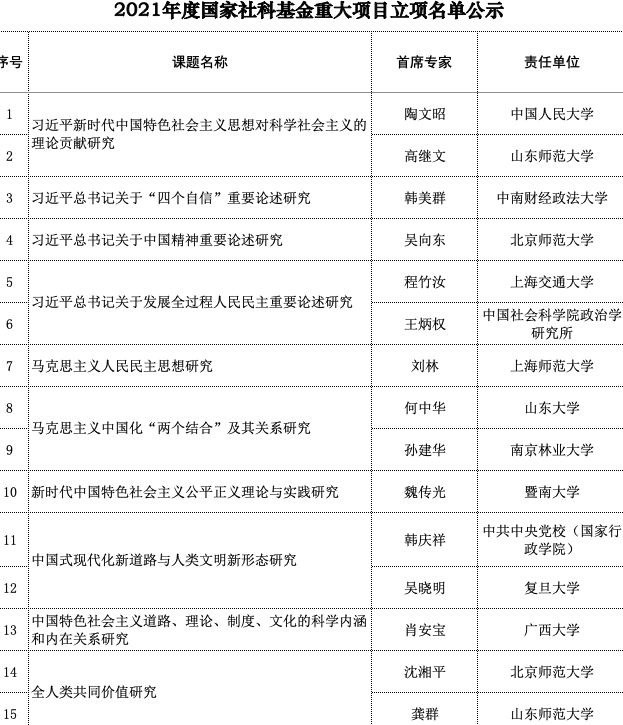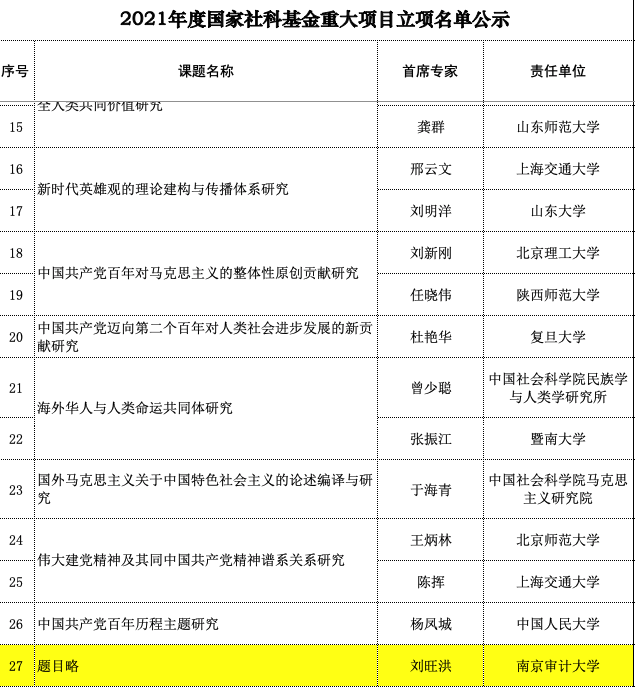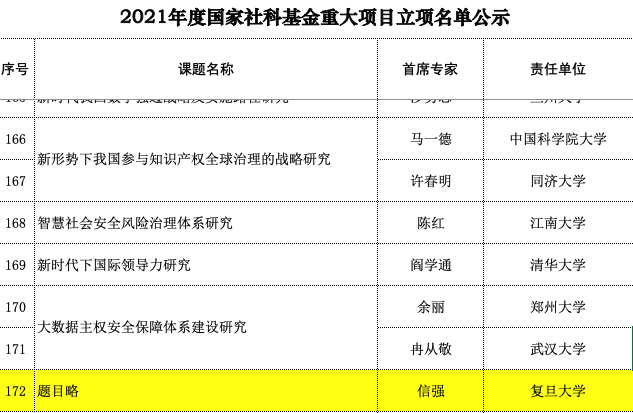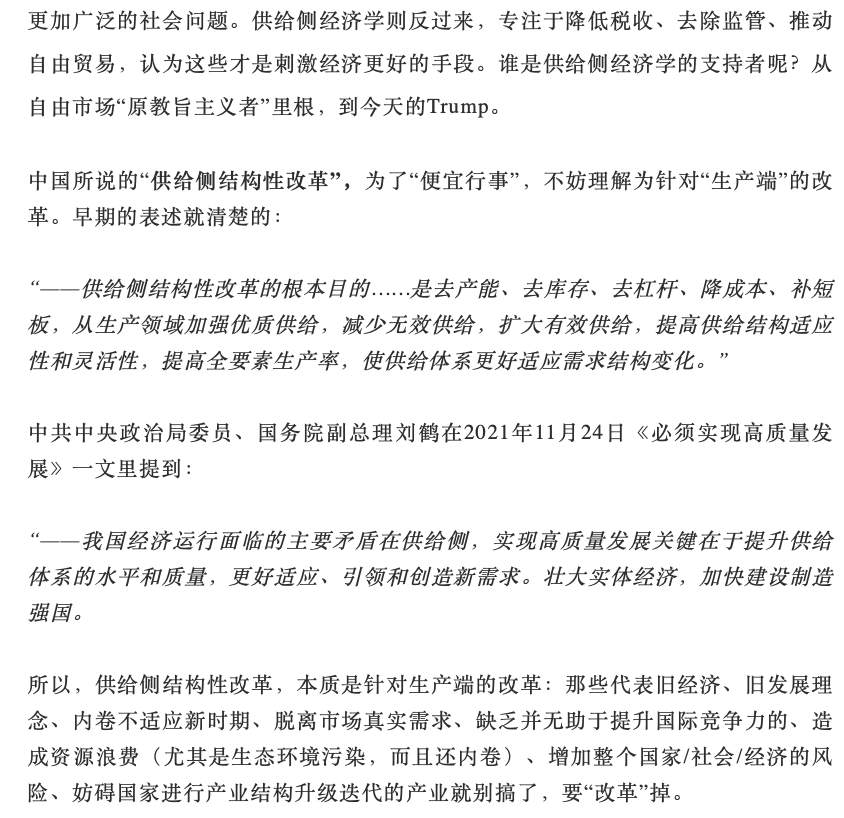
Why are ships in Chinese waters disappearing from tracking systems like AIS recently? This story from @Reuters explains a lot, except that it's not due to the PIPL as mentioned in the story.
Off the grid: Chinese data law adds to global shipping disruption reuters.com/world/china/of…
Off the grid: Chinese data law adds to global shipping disruption reuters.com/world/china/of…
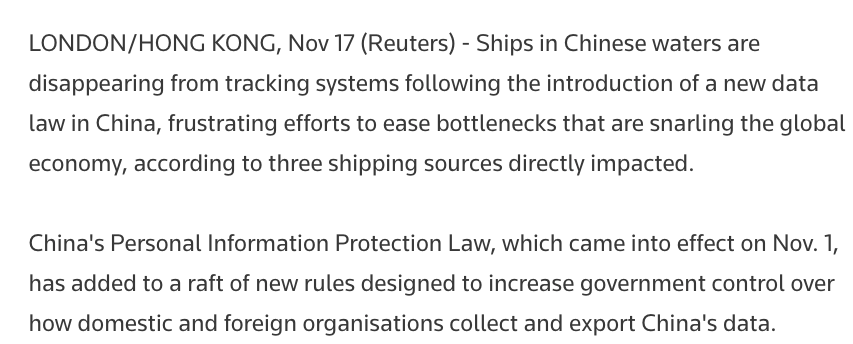
AIS tracks the movement of ships, thus does not cover personal info as under the PIPL. Instead, the applicable law is more likely to be the Data Security Law, which entered into force on Sept 1st, or 1 month before the Chinese ships started to mysteriously disappear in AIS.
As I tweeted 5 months ago, the DSL added a new category called "core data”, which includes those on national security, which could potentially include data on the movements of ships (including warships).
https://twitter.com/henrysgao/status/1403305211855212548
My reading was confirmed 5 months later by the famous CCTV investigative journalism program《焦点访谈》(Focus Report), which reported how some foreign data companies and governments used AIS base stations in China to track sensitive military info. 
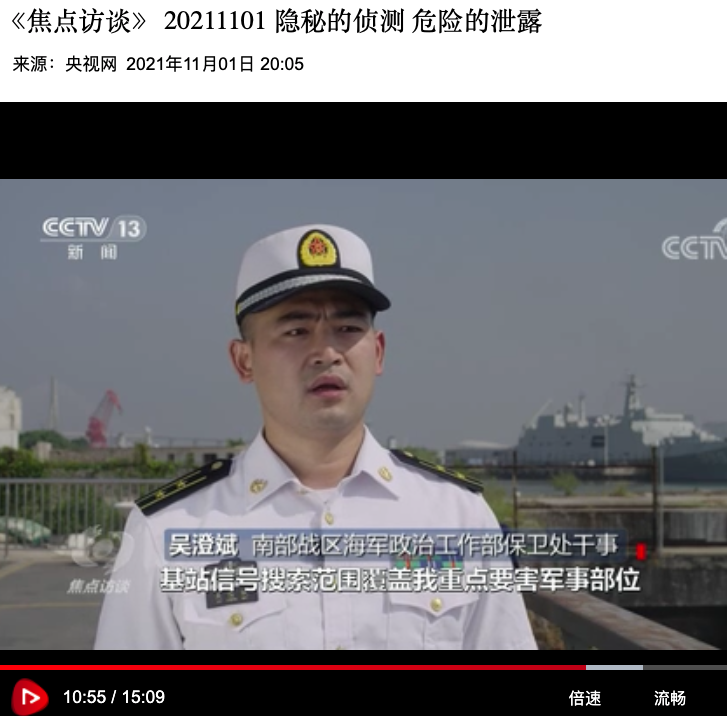
In view of this, the Chinese government started to crack down on such activities pursuant to the Anti-Spying Law and DSL, and then AIS became collateral damage.
Again, as I repeatedly stressed before, China is dead serious about its data security:
cambridge.org/core/books/big…
Again, as I repeatedly stressed before, China is dead serious about its data security:
cambridge.org/core/books/big…
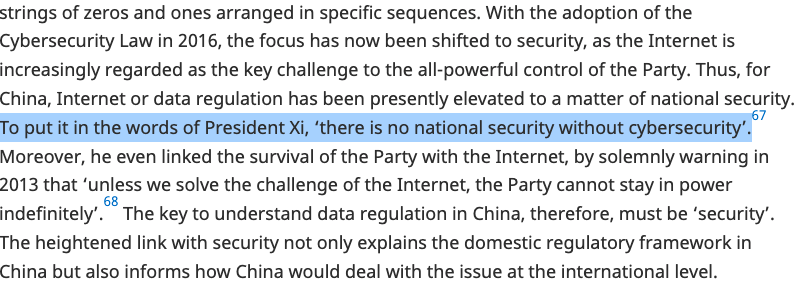
and it's still not too late for @Google @Meta @Twitter to heed my warnings, especially on the compliance issues under the new PIPL!
https://twitter.com/henrysgao/status/1455071095887859717
• • •
Missing some Tweet in this thread? You can try to
force a refresh


